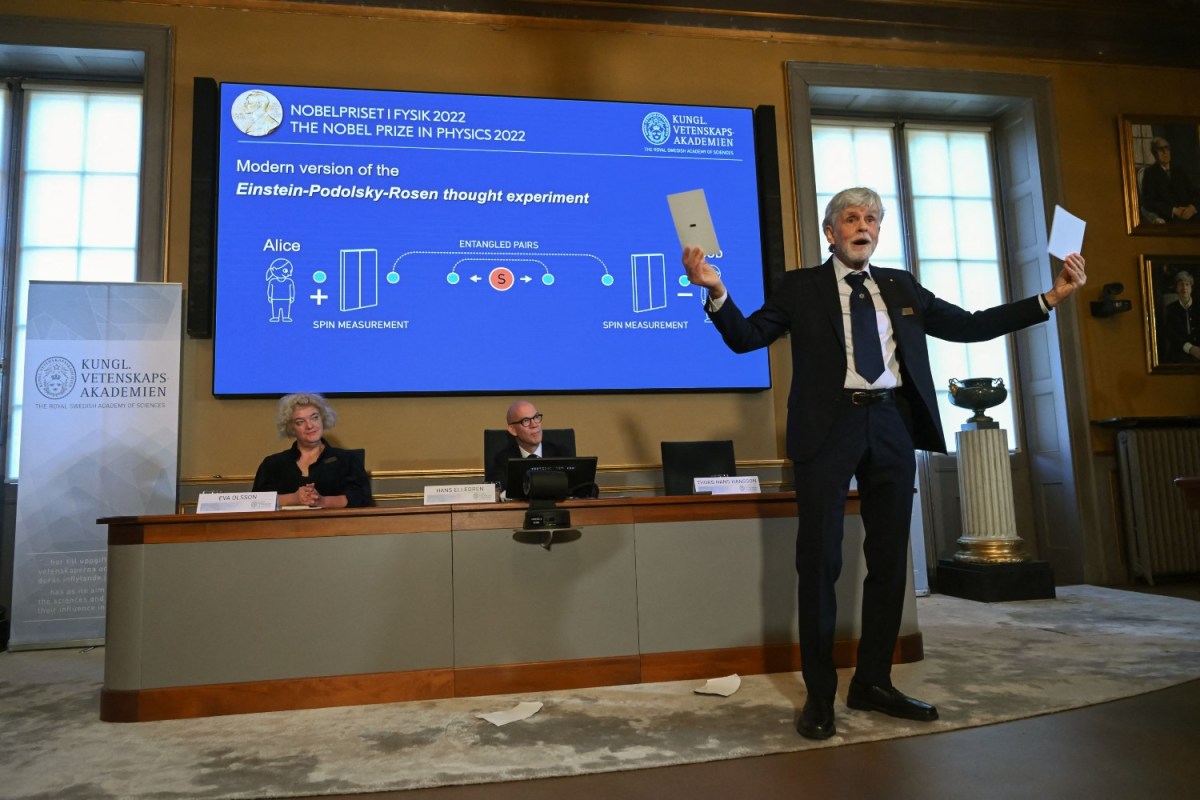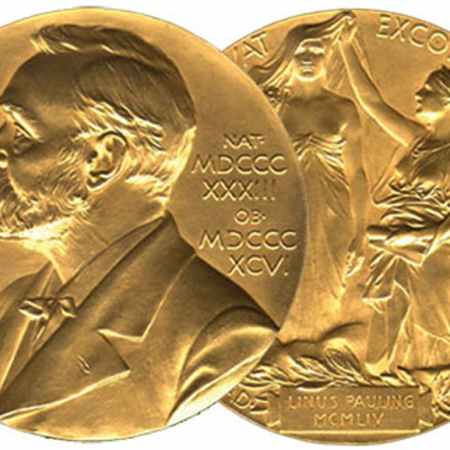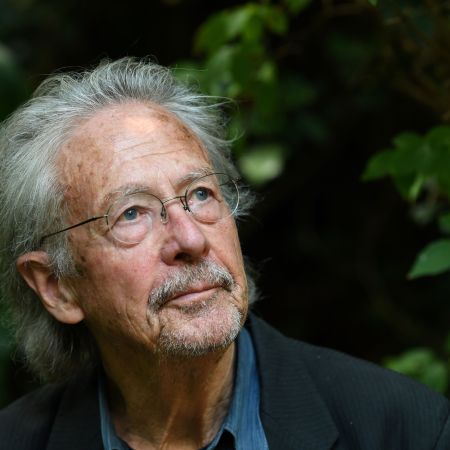In 1938, Enrico Fermi — born in 1901 — was awarded the Nobel Prize in Physics. Eight years earlier, C. V. Raman — born in 1888 — received the same award. Neither man had reached his 50th birthday by the time they had received one of their field’s highest honors. By contrast, the youngest of the six Nobel laureates for physics in 2021 and 2022 was born in 1948; the two oldest were both born in 1931. And if that seems indicative of a demographic shift for Nobel laureates, well, you’re not wrong.
In a new article at Nature, Lilly Tozer reviewed data on Nobel laureates in the scientists and reached an intriguing conclusion: the Nobel Prize is increasingly going to scientists later and later in their careers. Tozer cites one recent study that shows that Nobel laureates in the sciences are now experiencing decades-long waits between publishing the research at the heart of their Nobel win and actually being named a Nobel laureate.
Now, it’s true that scientists of any age can reach a breakthrough; someone in their twenties or their eighties could make a discovery that changes the world. But the findings described by Nature suggest that the Nobel committee is taking a different approach than the one they’d opted for decades earlier.The average time between publishing research and receiving a Nobel has increased from 10 to 15 years in the 1940s and 1950s to between 20 and 30 years in the 21st century.
This Small London Publishing House Is Home to Two Nobel Prize Winners
Fitzcarraldo publishing house has picked two Nobel prize winners since launching in 2014This doesn’t mean that there aren’t some exceptions to this, including the 2020 Nobel Prize in Chemistry, which — Tozer notes — was awarded just eight years after the research behind it was published.
These findings also make for an interesting contrast between the Nobel Prizes for science and its counterpart for literature — which has a longer-standing tradition as a late-career award. There are some exceptions, such as Albert Camus winning the award at the age of 44, but most literary laureates are decades older.
Thanks for reading InsideHook. Sign up for our daily newsletter and be in the know.


















